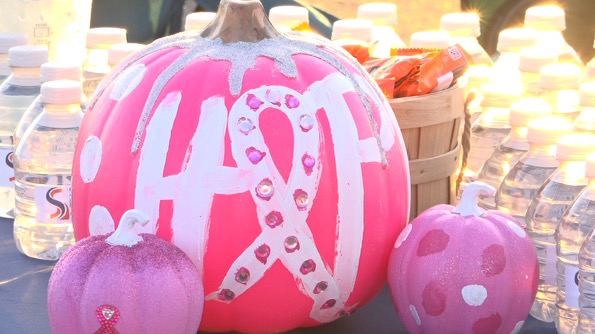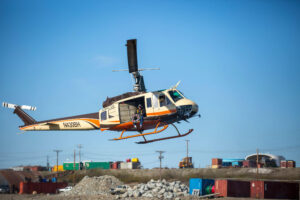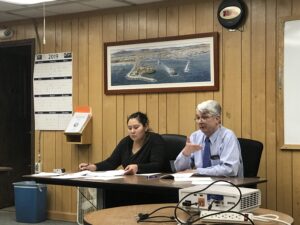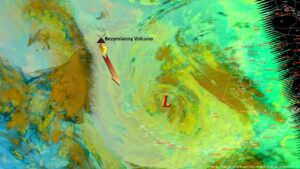October is Breast Cancer Awareness Month and Alaska is ranked second-to-last nationwide in regular breast cancer screenings. That’s according to a recent report that examined mammogram rates for women 50 and older, using CDC statistics from 2020.
Cancer is the second leading cause of death in the United States, following heart disease. In 2020, Alaska saw a significantly higher rate of breast cancer compared to cancer types.
Dr. Heather Tauschek is a radiologist at Imaging Associates in Anchorage. She says ten percent of women have a family history of breast cancer and recommends women between ages 20 and 30 to get a breast cancer risk assessment.
“You know, when you’re in your 20s or 30s, so that you know what your risk is because then you may actually need a recommendation for increased breast cancer screening earlier. Or you may want to add on, you know, mammography plus screening MRI.”
While it isn’t common for men to get breast cancer, Tauschek says there is a small population of men in Alaska who receive regular mammograms. She says she diagnoses between ten and 20 men with breast cancer every year.
Many cases of breast cancer are inherited by what is known as the breast cancer gene, or BRCA.
“Typically, they either have a history of breast cancer, or they have one of the BRCA (breast cancer gene) mutations, which does increase the risk of men having breast cancer to a degree where screening is helpful.”
According to the National Breast Cancer Foundation, a breast self-exam uses a combination of physical and visual examinations of the breasts to check for signs and symptoms of breast cancer. Tauschek says while self-exams can be helpful, they have led to people to receive unnecessary cancer tests.
“I tell people, what’s most important is just to know what your own breast feel like. When you’re getting in the shower, take a look in the mirror, because sometimes you can see asymmetry, you can see dimpling, like if your nipple starts doing funky things, you know, and just get a sense of what’s normal for you.”
Tauschek says maintaining an active and healthy lifestyle is not only important for preventing breast cancer, but other types of cancer as well.
“Even just how we eat, our weight, women who are obese are at higher risk of certain types of breast cancers. Things like drinking alcohol, drinking alcohol increases your risk of breast cancer as well as other cancers is incredibly important.”
The United States Preventive Services Task Force (USPSTF) recommends women who are 50 to 74 years old and are at risk for breast cancer to get a mammogram every two years. According to the American Cancer Society, one in eight women will have breast cancer at some point throughout their lives.
“For patients who are at high risk, though, we typically recommend that you start getting mammograms and or breast MRI starting 10 years before the youngest affected person in your family. So if your mom had breast cancer at age 36, you might start considering getting a screening MRI at age 26.”
The Alaska Division of Public Health offers an assistance program to help eligible residents receive breast and cervical health screenings. Those who enroll can receive free mammograms and pap tests. To contact the assistance program, call 1-800-410-6266.
Imaging Associates provides imaging services for Norton Sound Health Corporation and in other rural communities.
To contact Imaging Associates, visit their website or call 907-222-4624.
Photo at top: Painted pumpkins pink for breast cancer awareness month (Photo by Quinn White, used with permission)





